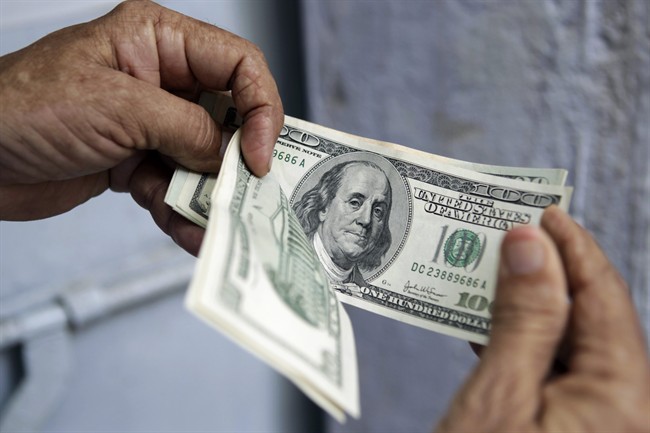It’s travel Tuesday, where we check in with travel expert Claire Newell from Travel Best Bets for tips to make your next vacation a breeze.

Your holidays are meant to be a time to sit back and relax with all your worries at bay. But, in fact, it’s a time when you actually need to be more on the ball than usual to keep yourself from falling into the traps of tricky con artists.
Many of us have had some experience with common street scams… that “gold” ring that’s a few karats short of the real thing, or a cab driver claiming his meter is broken and charging a few more dollars than he should be.
But it’s the completely legal scams, those perpetrated by “real” businesses, that are worth paying some extra attention to.
WATCH: Claire’s Travel Deals: Travel safety tips

Lets starting with those awful hard-sell timeshare scams. So many tourists still fall for this scam, and getting a refund once you’ve paid is all but impossible since the condos people are buying into are technically legal. The solution? Just say no!
If you’re in the market for a timeshare, do your research first, and definitely don’t buy under the influence of a high-pressure salesperson.

Get breaking National news
The same rules go for travel clubs.
They often prey on older or retired people with a line similar to the timeshare pitch. They offer “free” gift certificates to a favorite restaurant and then corral you into high-pressure sales presentations where you’re convinced that a membership fee of several thousand dollars is a good idea.
Their well-written contracts ensure that you don’t get to keep your money whether you find the promised bargains or not.
Don’t fall for it. The truth is, these clubs are selling nothing.
Like travel clubs, “card mills” are basically useless too. These are the companies that sell you travel-agency credentials for a small fee online. They’re completely legal. But common sense tells you they’re a scam.
More often, these card schemes let you get credit for helping your friends book trips through a special website. It’s little more than a pyramid scheme and the only winners are the card mills offering questionable travel products.
Have you ever noticed something called “resort fee” on your hotel bill? These are one of the most aggravating travel industry ploys.
You’re quoted a low rate for a resort hotel – say, $90 a night. But when you arrive, you’re told there’s a mandatory $20 “resort fee” that includes items such as the beach towel, TV, and use of the exercise equipment. When you try to wiggle out of one by claiming you won’t be using the gym or visit the pool, you’ll be told the fee applies to everyone.
Resort fees are most common in places like Las Vegas and Hawaii. Always ask about the resort fee before you book, and if there is one, try another place.
Anyone who’s booked a flight or hotel room online has likely seen an option to add travel insurance. Travel insurance can absolutely save your trip in some instances. But as an afterthought to your travel purchase, it might – or might not – help.
I’m always wary of online agencies that automatically pre-check the travel insurance option when you buy a package.
Your best bet for travel insurance is to shop around and be sure to read the actual policy.
Otherwise, your insurance could be useless and you could get turned down for any technicality if you end up having to file a claim.













Comments
Want to discuss? Please read our Commenting Policy first.